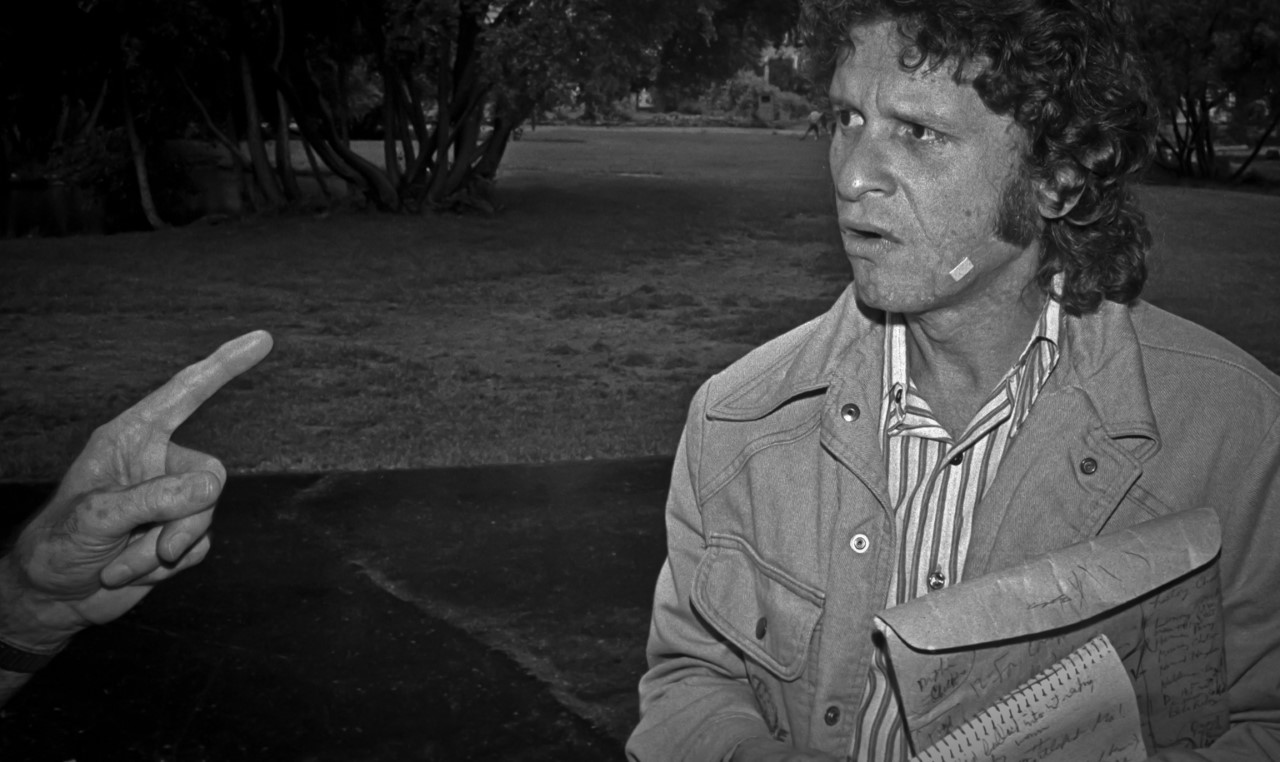A World Without Borders
I just wanna feel myself, you want me to kill myself
Art & the Collective Idea
Creative Gatherings: Meeting Places of Modernism (Reaktion Books, Ltd. London, U.K. ) By Mary Ann Caws. Hardcover, Summer 2019, 352 pages. $35.00
Patriotic Culture (and Cant): George Bancroft’s History of the American Revolution
How loud did “the shot heard round the world” sound when you were young?[1]
The Age of Paine
“Where liberty is, there is my country,” declared Benjamin Franklin, to which Thomas Paine replied, “Where is not liberty, there is mine.”…
Future’s So Bright I Need VR Goggles
I still feel the hunger after all these years. The pangs spark at the strangest times—as attention wanes at co-worker’s oft-told story; ascent 302 of the thousand times I climb my apartment staircase, moments of confusion amidst a girl’s mixed signals. I want to go back to that safe, warm, strong place of my childhood. I want to play video games again.
Back to the Future
First is reposting (below) what Nathan Osborne wrote in November 2017 after the mass shootings in Las Vegas and Sutherland Springs.
The Thing (A Month of Facebook Posts)
July 5: Stop reporting on the Thing as if he were a real anything.
Our Amy (Klobuchar in Iowa)
It was a very warm and sunny Saturday when Minnesota Senator Amy Klobuchar came down from the north country for a visit.
Radical Conservatism: Thinking Through V.S. Naipaul’s Haters and Counterparts (Pt. 2)
Part two of an essay that starts here.
In part one of this essay, I quoted a passage from Naipaul’s A House for Mr. Biswas where he invokes Caribbean city streets inhabited “by people so broken, so listless, it would have required the devotion of a lifetime to restore them.” Such devotion was inconceivable to Naipaul. The life of Fr. Rick Frechette brings home the limits of the novelist’s imagination.
The Progressive Bubble
When is a fact not the truth? When it’s incomplete.

